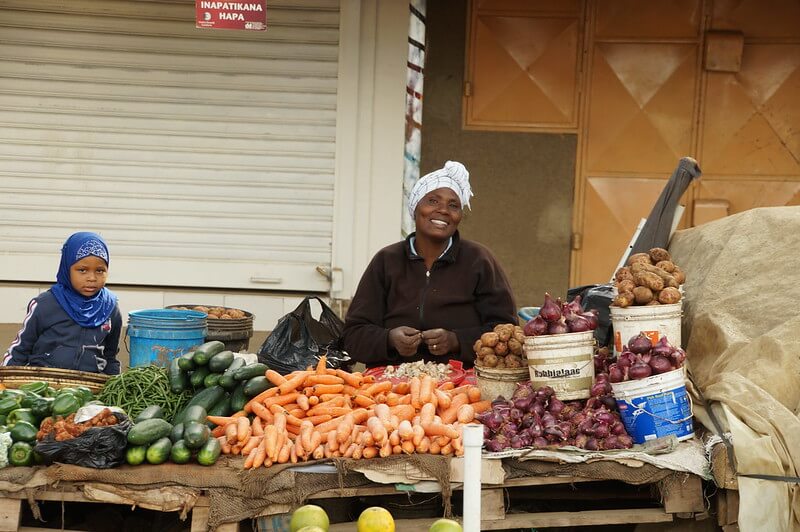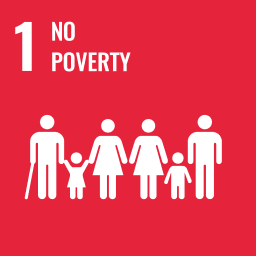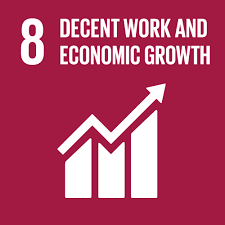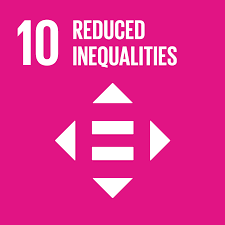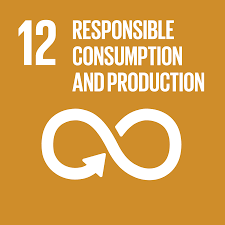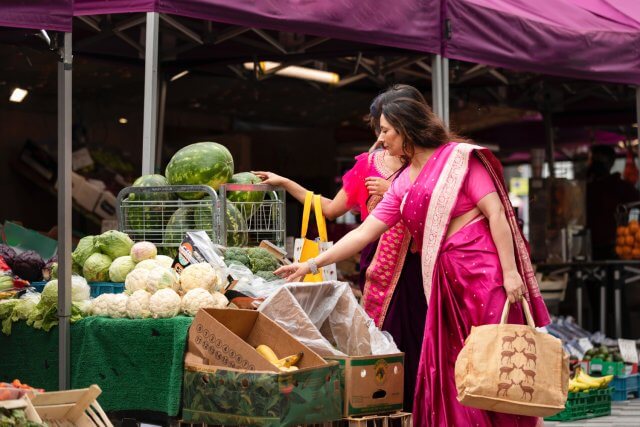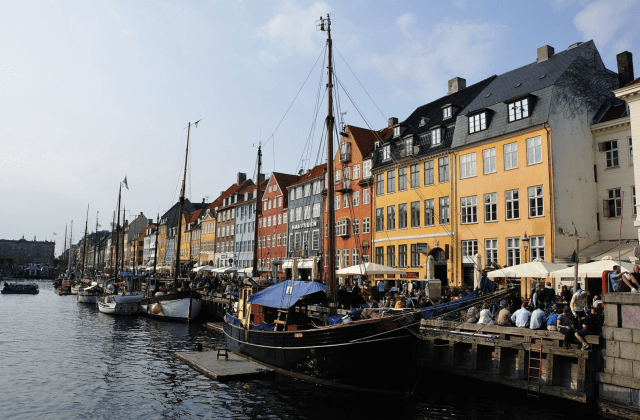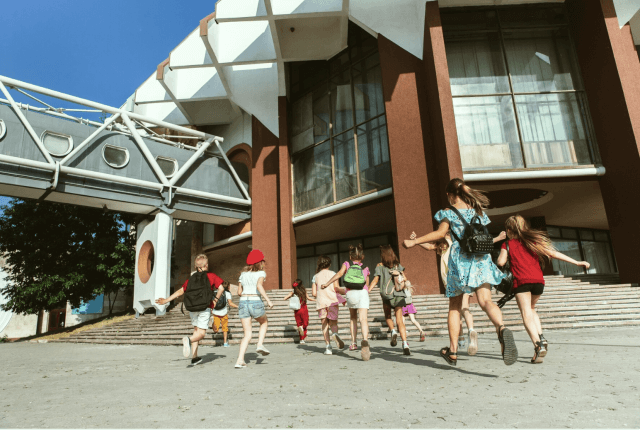The action and its aims
The City Council of Arusha established robust connections with various local food system stakeholders in its efforts to develop a food policy to inform transformation and sustainability in Arusha. Seven key areas for action were identified during peer-to-peer exchanges with the City of Antananarivo (Madagascar) re: reshaping Arusha’s urban food environment. These were:
- Involving stakeholders and building partnerships
- Enhancing capacity, education, and skills
- Coordinating vertically and horizontally
- Developing infrastructure
- Ensuring effective governance
- Accessing timely information
- Securing funding from internal and external sources
Part of these exchanges involved reflecting on existing food system policies and critically deliberating on possible improvements to these policies.
Investing in roads and maintenance thereof, improving storage facilities, modernizing abattoirs, and the construction and restoration of urban markets have consistently ranked as top priorities in Arusha. However, translating these priorities into meaningful projects and delivery has been slow due to high capital investment costs and complexity of planning which often involves multiple departments locally and even across government levels and sectors. Nonetheless the Arusha City Council has directed attention towards social interventions. This includes boosting revenue collection to support market operations and providing assistance to vulnerable groups, which enables their active participation in food system activities.
When was it introduced
In 2018, the City Council of Arusha took part in a City-to-City (Peer-to-Peer) Food Systems Forum to gain more insights into Food Systems and Policy. Presently, the City Council is working towards the design of its food policy. Externally, non-government organizations like RIKOLTO and ICLEI have provided support.
Since 2023, GAIN has been working with the City Council within its governance mandate and tools and supporting engagement with the informal food sector around delivery and inputs re: UNFSS Country Food System Pathway. This intersects on-going efforts by the City Council to develop and implement their food policy.Arusha is a signatory of the Milan Urban Food Policy Pact which provides resources and a city-to-city network across the world from which all cities can benefit and share resources and learnings in their efforts to realise more inclusive, sustainable and resilient food systems.
Why was it needed
The city’s population in Arusha, Tanzania, is projected to increase from 416,000 to 2 million by 2050 due to rapid urbanisation driven by migration, development and population growth. Arusha depends significantly on food sourced from areas outside its administrative boundaries. Farmers experience numerous other challenges linked to trade regulations, machinery, irrigation, quality seeds, fertilisers, and pesticides. The latter two aspects also raise concerns about food safety. Other food systems challenges relate to road infrastructure, transport, and markets. Urban food production within the city faces its own challenges, such as densification, urban creep, zoning, lack of tenure security, and effective waste management. These challenges all have direct knock-on impacts on the diversity of nutritious and safe foods in terms of availability, affordability, and physical accessibility in the city food environment.
Who initiated it, who was involved
The City of Arusha and the City Council took the initiative to work towards a Food Policy. In 2018, the City of Arusha took part in a City-to-City Food Action Forum together with Antananarivo and five other African cities. Here ideas and learnings were shared.
Impacts to date
The Arusha City Council is working together with several key stakeholders in the food system, and especially the food environment, to establish an urban food policy based on shared values.
